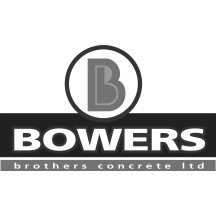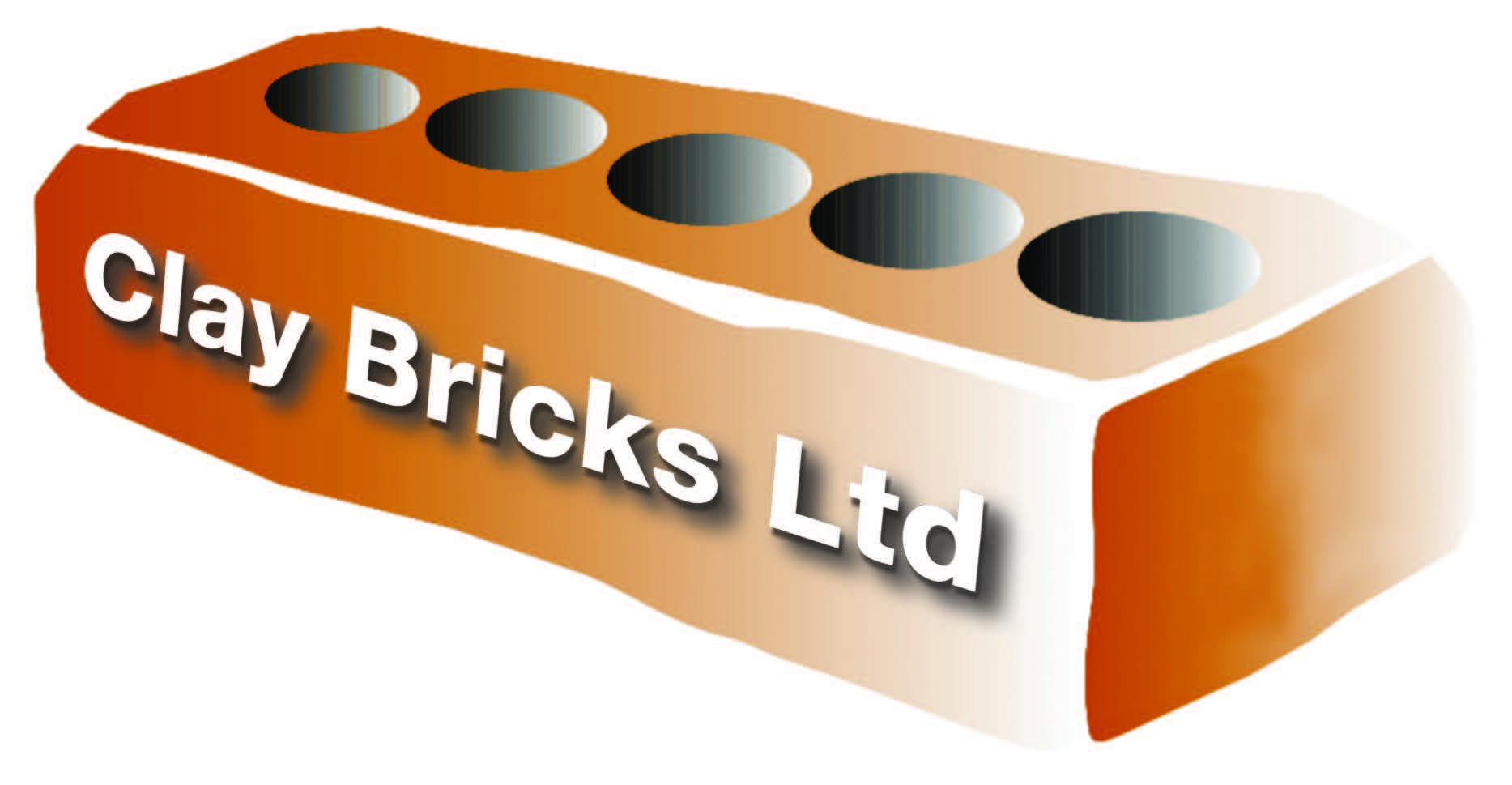
The Brick and Blocklayers Federation (BBFNZ) has received an increasing number of enquiries regarding brick and blocklayers not issuing Records of Work (ROW).
Just so everybody is clear on the matter, we thought we would clarify a few points:
1.) What is a Record of Work (ROW)
On 1 March 2012 law changes meant that some critical aspects of residential building work, unless an exemption was granted, were restricted to being carried out or supervised by a licensed building practitioner (LBP).
You can read more about LBPs and restricted building work here: www.lbp.govt.nz
As part of the changes to help confirm that this restricted building work (RBW) was being carried out by the correctly licensed practitioner, these law changes also introduced a requirement that an LBP provides a memorandum or Record of Work.
The requirements for a record of work are covered under Section 88 of the Building Act 2004 – you can read these here: http://www.legislation.govt.nz/act/public/2004/0072/latest/DLM306841.html
2.) Who has to complete a Record of Work?
Every LBP that carries out or supervises restricted building work MUST complete, at the end of their part of the build, a Record of Work.
3.) Who does the Record of Work need to go to?
The Building Act 2004 requires that a copy of the Record of Work is provided to the Territorial Authority and a copy is given to the homeowner. This is regardless of who engages the brick and blocklayers services.
As brick and blocklayers may often be subcontracted by an agent for the homeowner, the agent may collect the form on the owner’s behalf. Project managers/site supervisors also occasionally take on the role of collecting up Records of Work from various sub trades to make it easier at the end of the build. This is generally an acceptable practice HOWEVER it does not remove the responsibility for the brick and blocklayer to ensure that this paperwork is handed to the correct parties.
BBFNZ recommends that brick and blocklayers keep a copy of the Record of Work for their own records. Members are able to obtain carbon copied Record of Work pads that provide triplicate copies via their association.
If a homeowner requests a copy of a Record of Work, brick and blocklayers should provide it to them, even if they are contracted by a third party. It is not unreasonable to require proof of homeownership.
4.) What is the difference between a Producer Statement and a Record of Work?
Producer Statements were introduced as part of the Building Act 1991 however were omitted from the Building Act 2004. Regardless of no longer having a prescribed legal status, many councils still rely on their use.
Essentially, a Producer Statement is a signed document that confirms that either a product or a building method complies with the Building Code.
A Record of Work on the other hand confirms compliance with the Building Act (specifically that the work was carried out by the appropriately licensed practitioner).
5.) You cannot hold off on handing over a Record of Work – even if you haven’t been paid yet.
An LBP can be disciplined by the Building Practitioners Board if they fail, without reasonable excuse to provide the homeowner and territorial authority with a Record of Work.
In the past, out of frustration, tradespeople have used Producer Statements as leverage to ensure that they are paid for their work as it was not possible for the council to confirm building code compliance without it.
As the Record of Work does not relate to building code compliance, it should not stop a council from issuing a CCC making it a worthless leverage tool.
A brick or blocklayer who does not issue a Record of Work promptly faces the risk of a hefty fine from the Building Practitioners Board. The most recent disciplinary case involving a brick and blocklayer not providing a ROW resulted in an order that the licensed brick and blocklayer pay a fine of $1,000 and costs of $750. The disciplinary action is also recorded against their LBP public record for three years (C2-01231).
6.) A Council cannot refuse to issue a Code Compliance Certificate (CCC) if a Record of Work (ROW) has not been issued.
The purpose of a Code Compliance Certificate is to confirm that the building work was carried out as per the building consent that was issued and therefore the meets building code performance requirements.
Section 94 of the Building Act 2004 sets out matters that Council must consider before issuing a Code Compliance Certificate – Records of Work are not included in this list.
Councils may wish to consider a recent determination regarding a Code Compliance Certificates and Records of Work: https://www.building.govt.nz/resolving-problems/resolution-options/determinations/determinations-issued/determination-2014-021/








